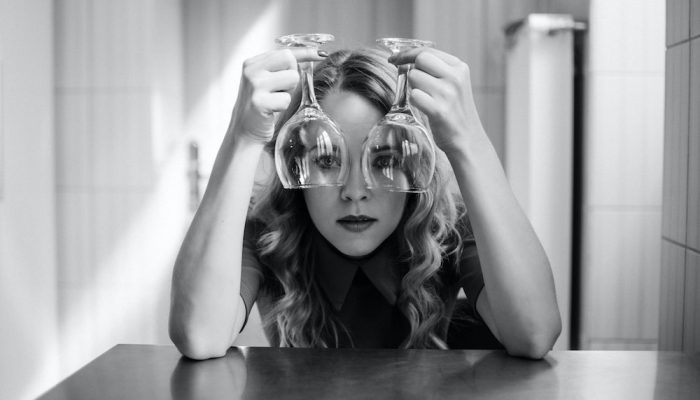Check out Elephant’s Continually-updating Coronavirus Diary. ~ Waylon
~
There is a lack of awareness and care for the mental health of those in sobriety who are being negatively affected by the social isolation caused by the COVID-19 pandemic.
I currently live in California and have been out of work and socially isolating for over a month now.
I do my best to keep busy with my school work, and going on walks when the weather permits, but the guidelines of social isolation and business shutdowns have taken away almost every coping mechanism I have built up to keep my mental health and sobriety in check. Many people in recovery from substance abuse disorders, or those trying to get sober, rely on community resources for support like 12-Step meetings or Tempest—and those resources are no longer available in person. I am aware that many meetings have set up online group chats, but there is no comparison between meeting and socializing in person and video chatting.
As the founder of an online sober community, one of the first suggestions I make to new members is to reach out within our community to those who live near them to build a support network locally. I recognize that an online community can have great impact, but there are limitations to the amount of support and resources available compared to connections made in person. Those seeking help to stop drinking need more than just an online challenge; they need in-person support and access to resources in their local communities.
Social isolation is dangerous to many people in recovery and those trying to seek help for their substance abuse. I personally have felt the major impact of social isolation, the excess depression, the added anxiety and concern about the future.
With the shutdown of all “non-essential” businesses here in California, I no longer have access to in-person meetings with my therapist or psychiatrist, or access to any of the fitness boutiques I went to daily before the shutdown. As someone who suffers from anxiety disorders and post-traumatic stress disorder, all of these businesses are essential to me and my well-being. To anyone who attends therapy or workouts out regularly at a gym or boutique, they know the huge impact and sacrifice being made when we are being forced to workout from home and see our physicians through video chat. It is simply not the same.
After almost four years of sobriety (July 22, 2016), I relapsed and drank for the first time last week because I was so fearful and uncertain of the future. In that moment, I felt completely hopeless. Not having the same access to my regular routine and coping mechanisms has had devastating effects on my mental health and sobriety. For me, going to see my therapist weekly at her office and going to my yoga studio daily were not just appointments but sanctuaries.
As someone who has suffered domestic abuse and does not feel safe in her own home, I had to create safe havens outside of my apartment, which I no longer have access to. I am a prisoner in my own home. I have no roommates or pets, and each day that goes by that I am unable to access the tools I have spent years building to keep my mental health in check, I feel more afraid for my mental well-being and for everyone else in my position.
I am completely aware that measures need to be taken to prevent the spread of COVID-19 and to protect our elderly and those at physical high risk, but what about those of us at higher risk due to mental illness?
According to Google, sourced on April 18th, there have been 38,928 deaths in the United States due to COVID-19 and 158,691 deaths worldwide. Compared to the “estimated 88,005 people [who] die from alcohol-related causes annually” in the United States, and the “3 million [alcohol-related] deaths every year worldwide,” where is the panic and concern?
According to MarketWatch.com, online alcohol sales have increased 243 percent since the pandemic began. Liquor stores are still open, being considered “essential,” even though alcohol consumption weakens the immune system and can leave an individual more prone to catching the virus. Our government is sending out the message that coping with the stress of COVID-19 through alcohol consumption is okay, even necessary, by deeming liquor stores essential and keeping them open when alcohol can be purchased from other actual essential stores like grocery stores and pharmacies if needed.
The government’s concern for the mental health and well-being of individuals in the recovery community during this pandemic is non-existent—and it’s time that changed. The government needs to consider the safety of all of its citizens during this chaotic, stressful time—not just those at higher risk for contracting COVID-19.
The lives of those impacted negatively due to social isolation are no less important than those impacted by the virus itself.











Read 2 comments and reply